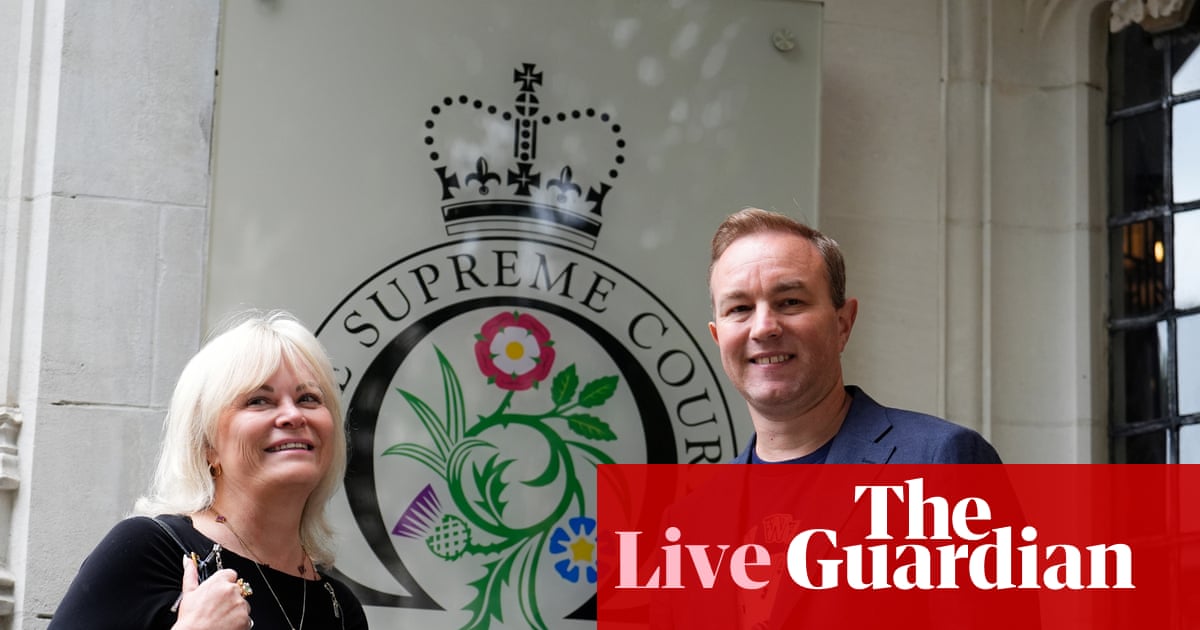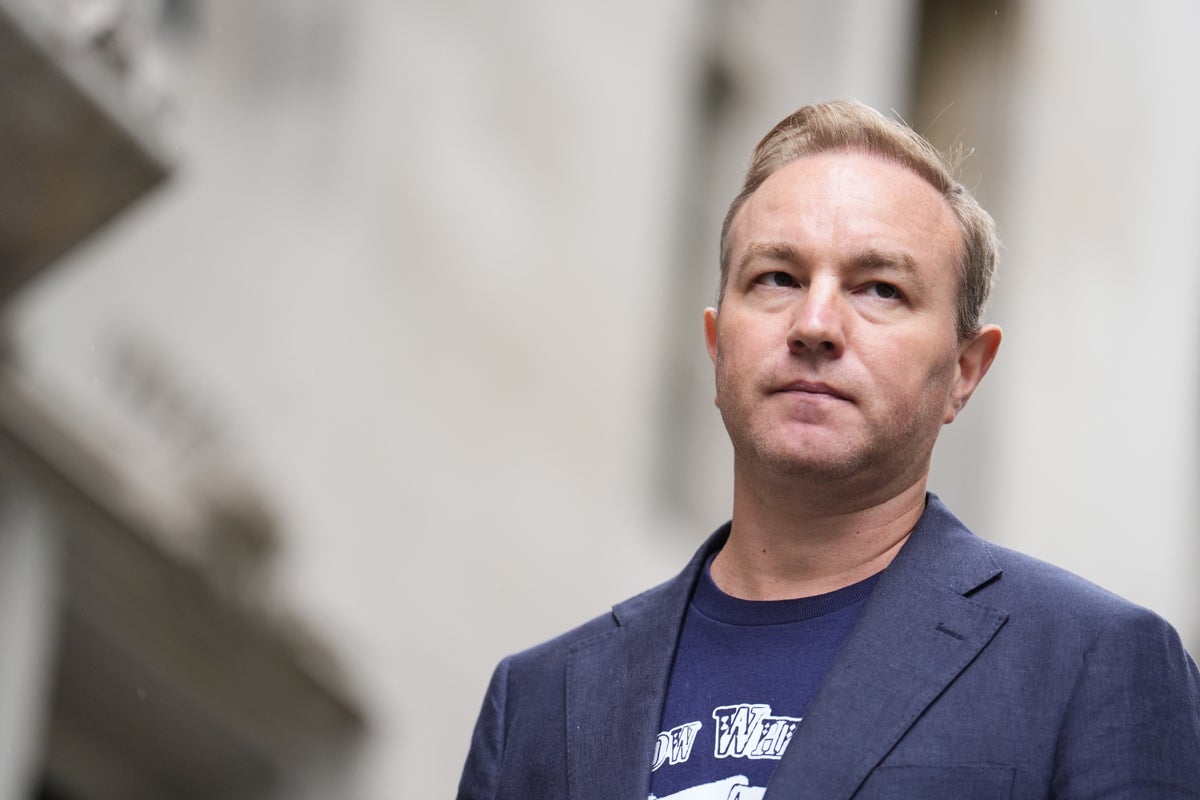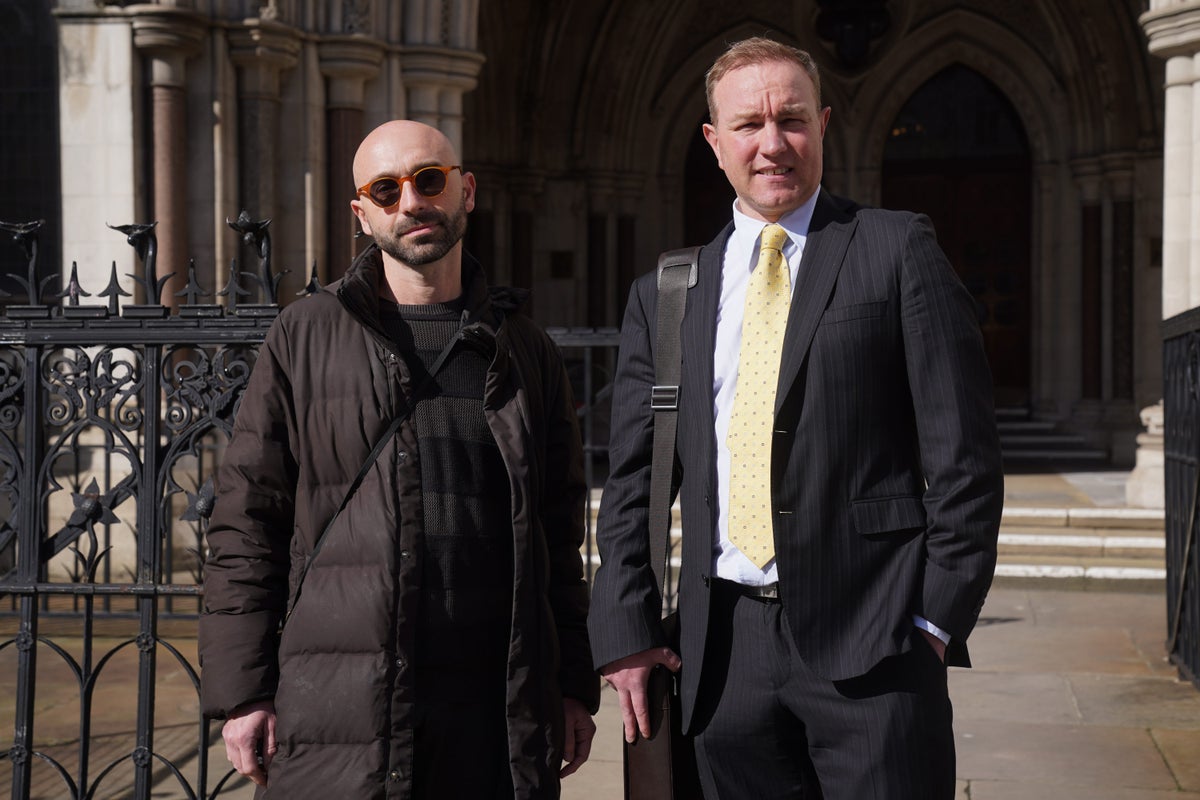T4K3.news
Supreme Court quashes Tom Hayes's Libor conviction
Tom Hayes's conviction for Libor rigging has been overturned by the UK Supreme Court.

The Supreme Court annulled Tom Hayes's conviction in a major ruling against legal error.
Tom Hayes’s Libor conviction overturned by Supreme Court
Tom Hayes, the first banker sentenced over the Libor scandal in 2015, had his conviction overturned by the UK’s Supreme Court. A panel of five justices ruled that inaccuracies in the original judge's instructions led to Hayes not receiving a proper trial. The judgment could also impact other similar cases. The Serious Fraud Office, which originally charged Hayes, decided against pursuing a retrial. Along with Hayes, the court also annulled Carlo Palombo’s conviction related to Euribor rigging. Hayes commented on the ruling, expressing gratitude to his supporters and legal team.
Key Takeaways
"The convictions are therefore unsafe and cannot stand."
The Supreme Court's ruling emphasizes the flaws in Hayes's original trial.
"I need to talk to my legal team about what civil remedies I might have."
Hayes reflects on the possibility of seeking compensation after his conviction was overturned.
"It feels very surreal, a little bit like my conviction, like it’s not really happening to me."
Hayes shares his feelings after hearing the court's decision.
"We have considered this judgment and determined it would not be in the public interest for us to seek a retrial."
The Serious Fraud Office's response to the Supreme Court's ruling.
The Supreme Court's decision to clear Tom Hayes raises significant questions about the integrity of legal proceedings in serious fraud cases. This ruling not only affects Hayes personally but also sets a precedent that may lead to further appeals from others wrongfully convicted under similar circumstances. It highlights a broader concern regarding the judicial processes at play in high-stakes financial crimes, emphasizing the necessity for clearer jury instructions to prevent miscarriages of justice.
Highlights
- Justice has finally prevailed for Tom Hayes.
- This ruling may signal a shift in financial fraud accountability.
- The judicial system must learn from its mistakes.
- Clear jury directions are vital for fair trials.
Concerns over the legal system's handling of fraud cases
The Supreme Court ruling raises significant doubts about how jury instructions are provided in fraud convictions, which may lead to more wrongful convictions being challenged. The Serious Fraud Office's decision not to retrial Tom Hayes adds to the ongoing debates about justice in financial crimes.
This ruling could change the landscape for future financial fraud cases in the UK.
Enjoyed this? Let your friends know!
Related News

Supreme Court quashes Tom Hayes’ Libor conviction

Supreme Court overturns convictions of two City traders

Supreme Court quashes Tom Hayes' conviction

Supreme Court overturns convictions of traders

Supreme Court overturns trader convictions

Traders' Libor convictions overturned by Supreme Court

Hayes' appeal granted as conviction overturned

Ghislaine Maxwell appeals to US Supreme Court
